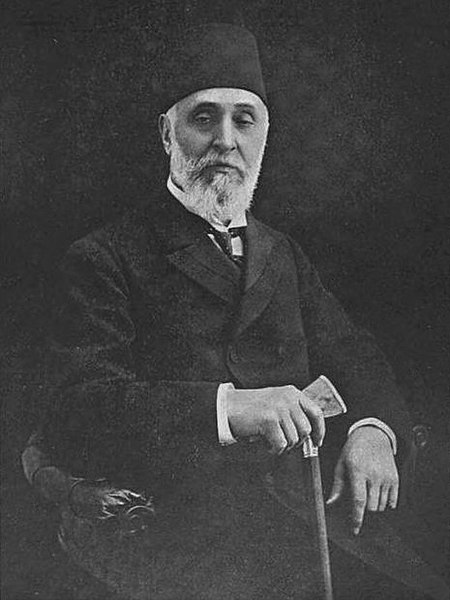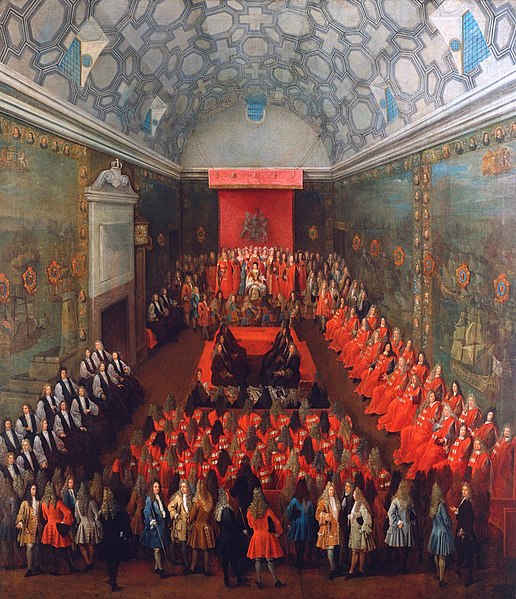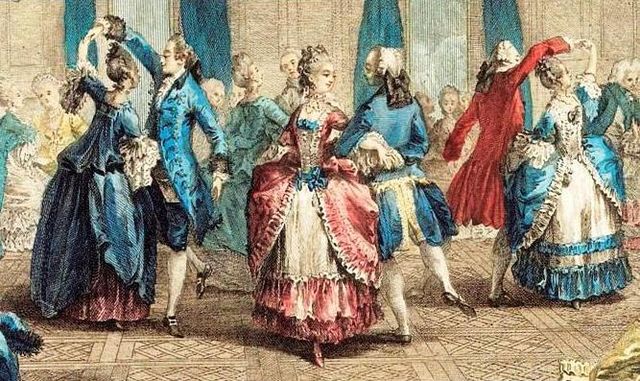Sardar, also spelled as Sardaar/Sirdar, is a title of royalty and nobility that was originally used to denote princes, noblemen, chiefs, kings and other aristocrats. It has also been used to denote a chief or leader of a tribe or group. It is used as a Persian synonym of the title Emir of Arabic origin.
Sardar-I-Azam, Prince Abdol Majid Mirza of Qajar Persia c. 1920s.
Pakistani President Ayub Khan and First Lady Jacqueline Kennedy with the prized gelding "Sardar".
Grand Vizier Ahmet Tevfik Pasha, the last Ottoman Serdar-ı Azam.
Serdar Janko Vukotić of the Principality and Kingdom of Montenegro.
Nobility is a social class found in many societies that have an aristocracy. It is normally ranked immediately below royalty. Nobility has often been an estate of the realm with many exclusive functions and characteristics. The characteristics associated with nobility may constitute substantial advantages over or relative to non-nobles or simply formal functions, and vary by country and by era. Membership in the nobility, including rights and responsibilities, is typically hereditary and patrilineal.
The House of Lords is the upper legislature of the Parliament of the United Kingdom and is filled with members that are selected from the royalty (both hereditary titleholders and those ennobled only for their individual lives).
French aristocrats, c. 1774
A French political cartoon of the three orders of feudal society (1789). The rural third estate carries the clergy and the nobility.
Opening of the Hungarian Diet (Országgyűlés) with the members of hungarian nobility in the Royal Palace, 1865








